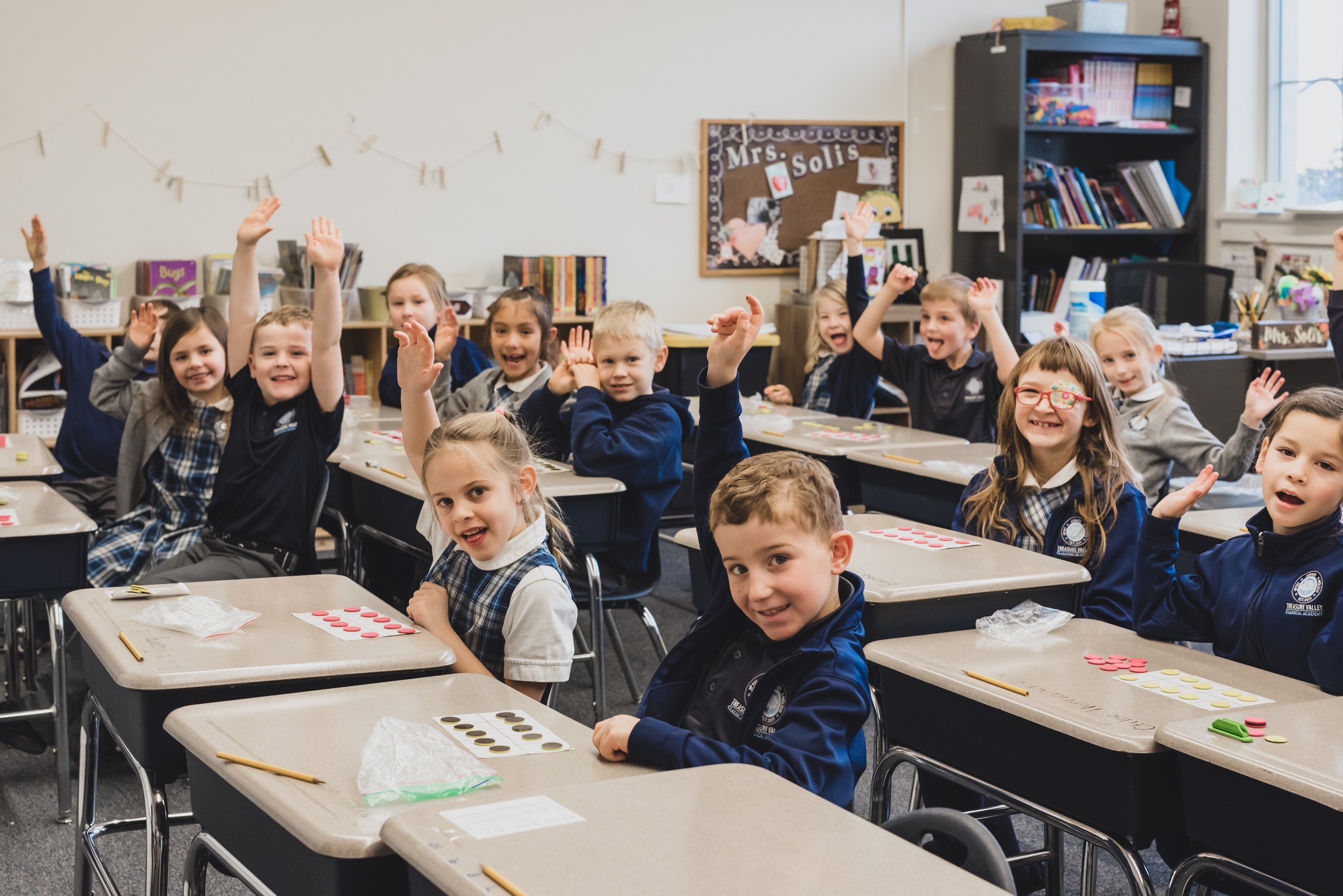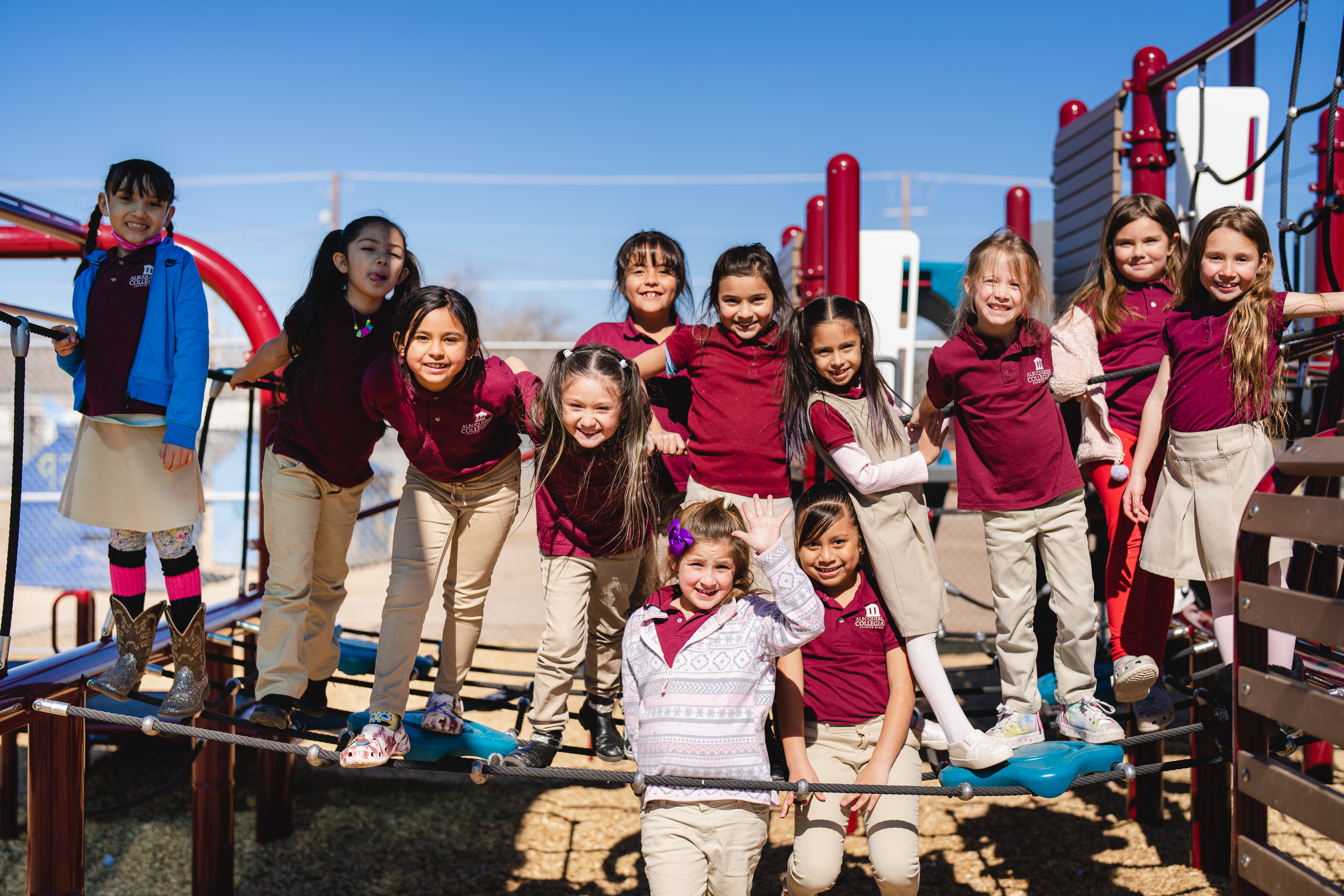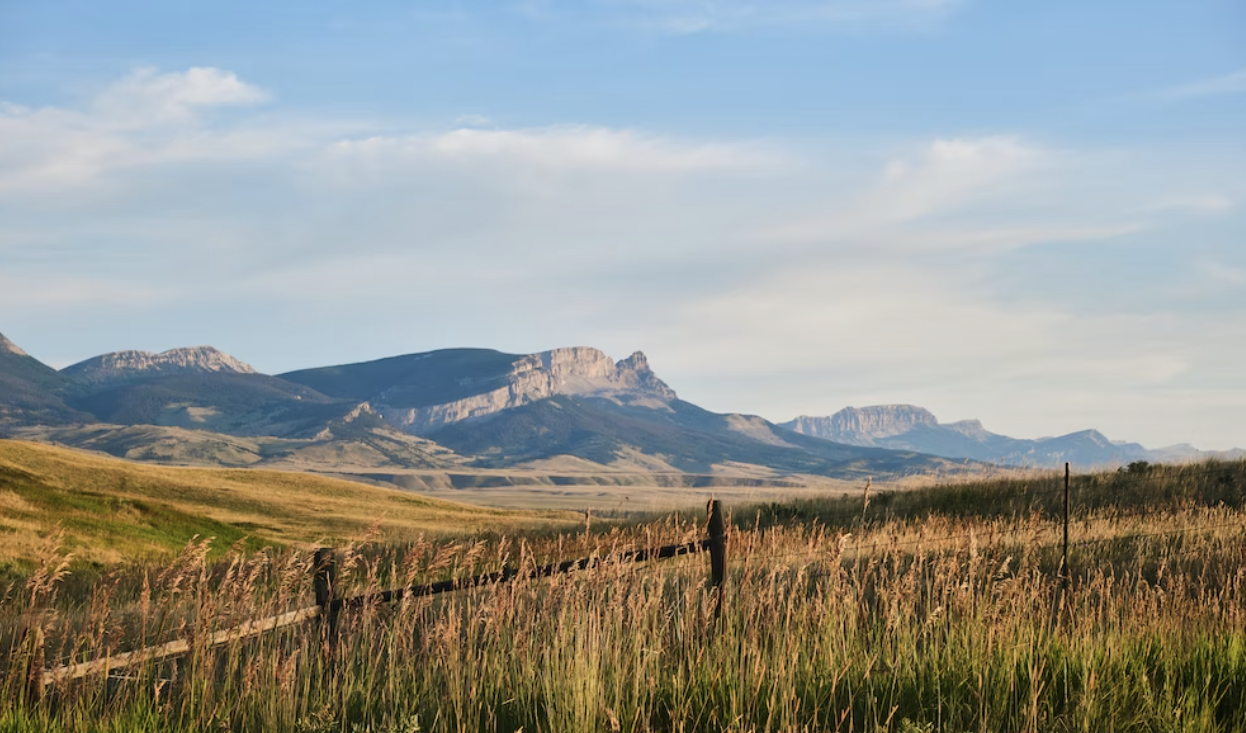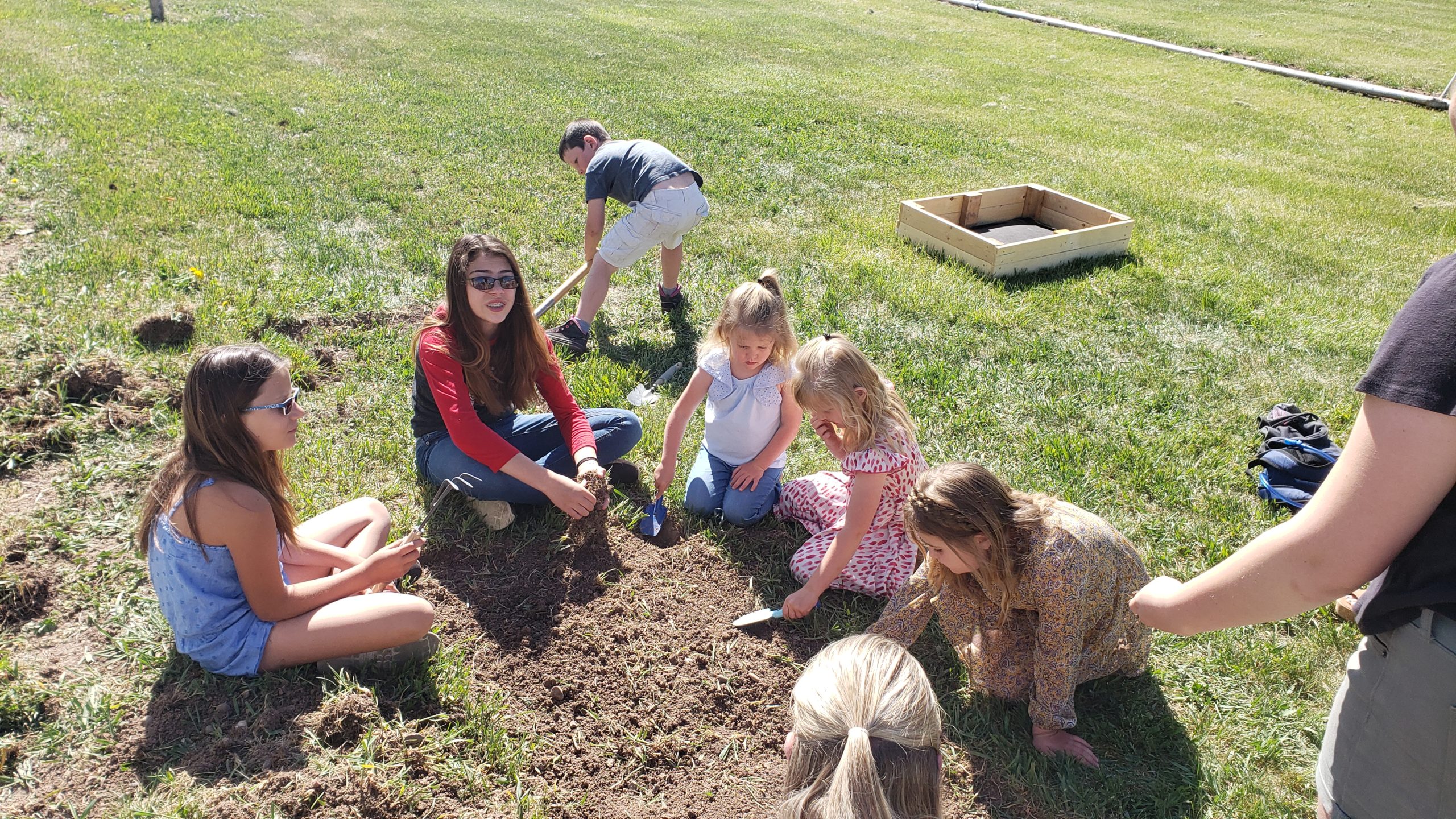
5th Grade Student From Ammon Creates Community Garden to Feed Hungry Families
Sidonah Colvin is on a mission to help feed hungry families in her community. She’s doing this by working with the mayor and other city officials of Ammon, Idaho, to create a community garden, and she’s doing it in the midst of a global pandemic.
Sidonah’s project started at school – Alturas International Academy in Idaho Falls. Alturas is an International Baccalaureate (IB) charter school that’s free, public, and open to all students. The school serves around 530 K-8 students in a newly remodeled, yet still very charming, historic school building.
IB is an international education program, used by over 5,200 schools worldwide, that offers students an inquiry-based student-driven learning option, and develops cultural awareness by teaching a second language, beginning in Kindergarten. Across the US, more than 1,800 IB schools engage students in the study of communities, both global and local, preparing them to engage in a “rapidly changing, globalized world.”
Alturas is the first and only IB school in Southeast Idaho, and one of only 5 in the state (four are public, tuition-free charters, and one is a private school).
Sidonah is a 5th grader this year, and this project, called an Exhibition, represents a milestone her IB experience. For a 5th grader, the Exhibition Project is a celebration of the transition from the elementary level program (K-5) to the middle school level program (6-10).
For 6 weeks, students work collaboratively to identify, investigate, and find solutions to real life problems, and then create and present their solutions. According to Sidonah’s teacher Amanda Warner, the Exhibition is met with enthusiasm and anticipation.
The Expedition component of IB allows students to investigate and research topics close to their hearts. Alturas International Academy empowers them to take action by taking their learning outside the classroom and making it real in their local or global community.
This year’s theme, Sharing the Planet, invited students to consider how to share finite resources, and the relationships within and between communities. In the planning phase, Ms. Warner led her classroom in discussions on the Sudan water crisis, pollution, recycling, as well as community gardens and feeding hungry families locally. At one point, the conversation moved to the untapped potential of some muddy patches on the Alturas playground. That’s when inspiration struck Sidonah.
But just as Sidonah and her classmates were finishing the first week of planning, the school made the decision to transition to distance learning in response to the global COVID-19 pandemic. But Sidonah wasn’t going to let that stop her. She’s committed to increasing access to organic, fresh fruits and vegetables for people in her town who can’t afford to buy them. So she wrote a letter to her town’s mayor outlining her plan, and asked for a donation of land. A few days later she heard back.
“I woke up one morning to the mayor calling my mom to set up a meeting with me,” said Sidonah.
Collaborating via Zoom with Ammon’s mayor, Sean Coletti, they discussed the donation of some land adjacent to City Hall. Now Sidonah is working with the city’s Parks and Recreation Department to hammer out plans for irrigating the garden, and how much space to leave between the beds so mowing crews can maintain the grass.
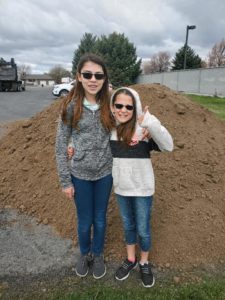
Sidonah has mobilized volunteers and other donors to take part in the project as well. The raised garden beds have been donated by an Alturas teachers’ aide, Ms. Elaine Goodwin, and Brandon Kimball of nearby Rexburg. The dirt to fill them is being provided by a local business owner, Rudy Gauna, of RC Heavy Haul.
Classmates are painting rocks, and will help tend the garden twice or 3 times a week (once they are given the go ahead). Sidonah’s big sister Peyton, a 7th grader at Alturas, is also pitching in.
A large area of tilled dirt already holds corn and carrots. Soon, the team will plant their seedlings that will bear a summer harvest of cucumber, tomatoes, watermelon, cantaloupe, peas, spinach, zucchini, rhubarb, and strawberries. And that harvest will be free and available to anyone who is in need.
Schools like Alturas are helping students understand how to apply their learning to serve their community, and that learning can still happen while campuses are closed. Until there’s a solution for our current global health crisis, students, educators, and parents will have to continue to be creative and leverage the flexibility of distance learning to redefine the future of education.
—


